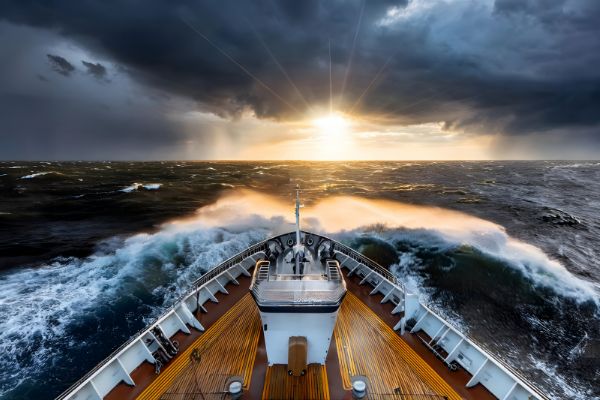-
Featured services
Think beyond the robots
The successful integration of AI and IoT in manufacturing will depend on effective change management, upskilling and rethinking business models.
Read the blog -
Services
View all services and productsLeverage our capabilities to accelerate your business transformation.
-
Services
Network Services
Popular Products
-
Services
Cloud
Popular Products
-
Cloud Architecture and Modernization
Discover how to achieve your business goals through cloud modernization practices, that deliver improved agility, reusability and scalability.
-
Cloud Optimization
Discover how to maximize operational excellence, business continuity and financial sustainability through our cloud-advanced optimization services.
-
-
Services
Consulting
-
-
Services
Data and Artificial intelligence
- AI and Intelligent Solutions
- Data/AI Strategy and Program
- Data Engineering and Platforms
- Data Governance and Management
- Data Visualization and Business Decision
- GenAI Consulting
- GenAI Platforms
- GenAI Industry Services
- GenAI Infrastructure Services
- GenAI Value Transformation
- View Data and Artificial Intelligence
-
Services
Technology Solutions
Client stories
-
Services
Global Data Centers
-
Services
CX and Digital Products
-
Services
Application Services
-
Services
Sustainability Services
-
Services
Digital Workplace
-
Services
Business Process Services
-
Services
Generative AI
-
Services
Cybersecurity
-
Services
Enterprise Application Platforms

Master your GenAI destiny
We’ll help you navigate the complexities and opportunities of GenAI.
Explore GenAI -
-
-
Insights
Recent Insights
-
The Future of Networking in 2025 and Beyond
-
Using the cloud to cut costs needs the right approach
When organizations focus on transformation, a move to the cloud can deliver cost savings – but they often need expert advice to help them along their journey
-
Make zero trust security work for your organization
Make zero trust security work for your organization across hybrid work environments.
-
-

Master your GenAI destiny
We’ll help you navigate the complexities and opportunities of GenAI.
Explore GenAI -
-
Master your GenAI destiny
We’ll help you navigate the complexities and opportunities of GenAI.
Explore GenAI -
Discover how we accelerate your business transformation
-
About us
CLIENT STORIES
-
Liantis
Over time, Liantis – an established HR company in Belgium – had built up data islands and isolated solutions as part of their legacy system.
-
Randstad
We ensured that Randstad’s migration to Genesys Cloud CX had no impact on availability, ensuring an exceptional user experience for clients and talent.
-
-
CLIENT STORIES
-
Liantis
Over time, Liantis – an established HR company in Belgium – had built up data islands and isolated solutions as part of their legacy system.
-
Randstad
We ensured that Randstad’s migration to Genesys Cloud CX had no impact on availability, ensuring an exceptional user experience for clients and talent.
-

Everest Group PEAK Matrix® Assessment
NTT DATA is a Leader and Star Performer in the Everest Group Sustainability Enablement Technology Services PEAK Matrix® Assessment 2024.
Get the Everest report -
- Careers
404 Page not found
We're sorry, we cannot find that page.
The page you requested has moved or no longer exists. Please try
retyping the address or start a new search.
Search